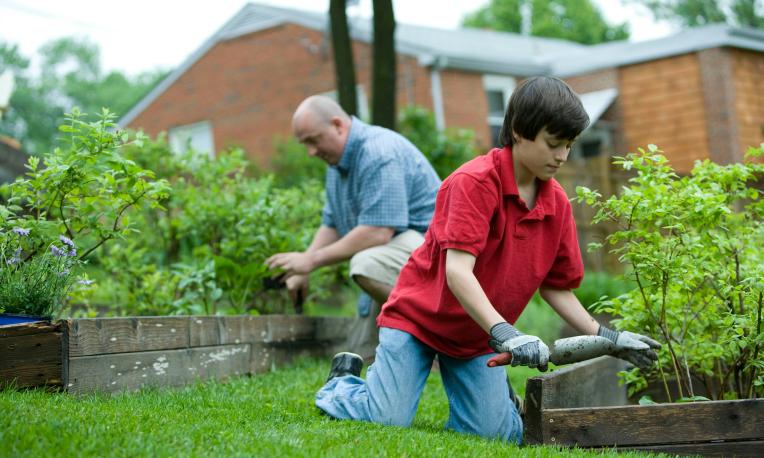In a society where loneliness is experienced by many, can small habits make a difference in helping people feel more connected?
Psychology professor and researcher Dr. Yeeun Archer Lee wanted to learn more about how daily prosocial behaviour, such as small acts of kindness, can benefit people experiencing loneliness.

Changing levels of loneliness
Her research team recruited 200 adults in B.C. for their study, recently published in Journal of Personality. They asked one group to perform one small act of kindness of their choice each day for two weeks. Another group of participants was asked to take a daily wellness break. Before and after the experiment, the team compared changes in participants’ experiences of loneliness.
It turns out that small acts of kindness measurably improved people’s connection with others, especially among those who were struggling the most.
Compared to taking a self-care break, doing one small act of kindness a day was more effective in reducing loneliness and increasing social contact, particularly for those who were socially anxious or highly lonely.
“Acts of kindness can lead us to have good interactions with other people, as we see the smile that we put on someone’s face.”
Kindness seen
The good news, Dr. Archer Lee shares, is that acts of kindness are common, small, and doable. “Anyone can initiate them in their own surroundings,” she said during an interview with CTV News about her research.
Acts of kindness can take many forms, from holding the door for someone or offering a seat to a tired stranger, to helping a neighbour with their groceries or checking in on a friend going through a tough week.
Even more encouragingly, one small action can become the foundation for future positive relationships. She explained, “Acts of kindness can lead us to have good interactions with other people, as we see the smile that we put on someone’s face.”

Reaching beyond ourselves
Moreover, Dr. Archer Lee found that when people completed acts of kindness towards weak social ties—those just outside of their closest circle, such as neighbours and acquaintances—it showed the strongest effect in reducing loneliness and encouraging subsequent positive interactions.
So what is it about small acts of kindness that makes them so powerful? Dr. Archer Lee explains that at the core of kind actions is an outward focus. “These actions help to soothe the self-conscious worries that we often carry,” she noted, “which are especially common in social anxiety and chronic loneliness.”
In this way, thinking of the good of others can offset the burden of self-focus.
“Acts of kindness come from the gesture that we want to care for people,” she said. “When we try to care for others, we become less worried about people judging or rejecting us, because our focus is not so much on ourselves.”

Caring shows kind intention
For anyone wishing to practice acts of kindness, Dr. Archer Lee recommends that a good first step is simply to reach out to people, adding, “Acts of kindness all start from caring for other people.”
However small the action, it is the caring heart and sincerity behind it that carries through, as Dr. Archer Lee summarized encouragingly:
“Find little ways to care for people around us. It doesn’t need to be big, because what people appreciate is the warm intention our acts convey.”
Building on her findings, Dr. Archer Lee continues to explore effective ways to help society foster connections. For future research projects, she is keen on developing approaches to loneliness intervention tailored for groups with different social needs. She is also interested in researching the systemic changes that may be needed to support greater connectedness across society.
About Research at TWU
At TWU, faculty mentor undergraduate and graduate students through a holistic approach that integrates faith with discipline specialization, research, internships, and skills training. Learn more at Research at TWU.
About Trinity Western University
Founded in 1962, Trinity Western University is a global Christian liberal arts university dedicated to equipping students for life. Uniting faith and reason through Christian teaching and scholarship, TWU is a research institution offering undergraduate and graduate degrees in the humanities and sciences as well as in several professional schools. It has campuses in Canada in Langley, Richmond, and Ottawa. Learn more at www.twu.ca or follow us on Instagram @trinitywestern, Twitter @TrinityWestern, on Facebook and LinkedIn. For media inquiries, please contact: media@twu.ca.
(Images from Unsplash.)

